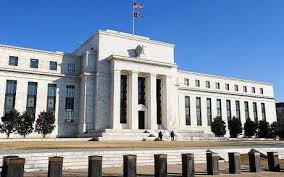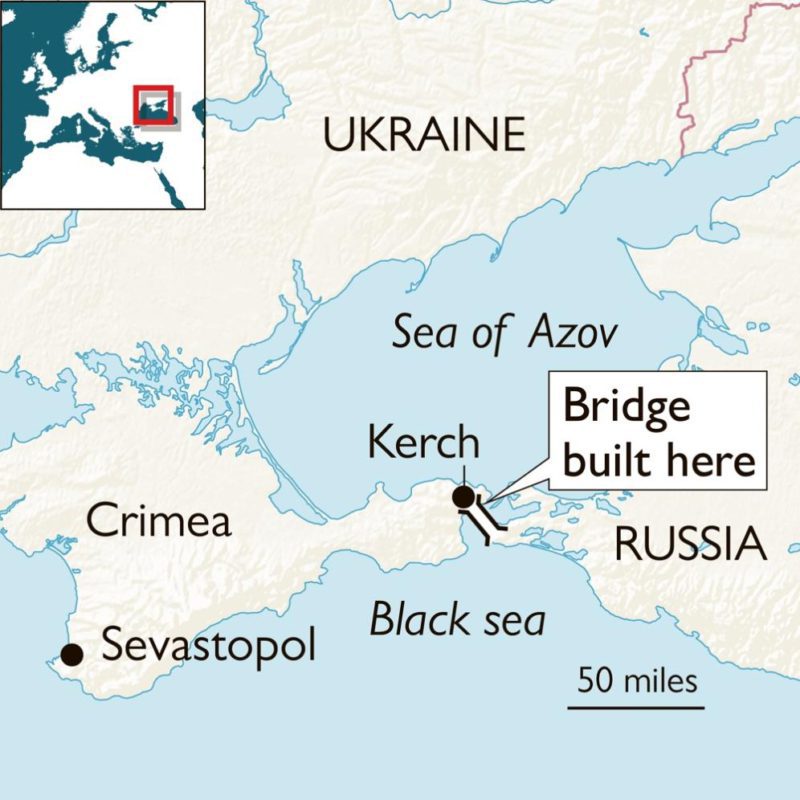 The U.S. Federal Reserve is preparing for the end of its third phase of quantitative easing (QE) policy, which will have ripple effects on the world economy. The Fed began its QE policies at the end of 2008, in response to the Financial Crisis. The QE policies were designed to encourage U.S. firms to borrow by pushing down interest rates through the purchase of financial instruments such as Treasury bonds and toxic mortgage-backed securities by the Fed. By buying these instruments, the Fed was able to push up their prices and decrease their yields and interest rates.
The U.S. Federal Reserve is preparing for the end of its third phase of quantitative easing (QE) policy, which will have ripple effects on the world economy. The Fed began its QE policies at the end of 2008, in response to the Financial Crisis. The QE policies were designed to encourage U.S. firms to borrow by pushing down interest rates through the purchase of financial instruments such as Treasury bonds and toxic mortgage-backed securities by the Fed. By buying these instruments, the Fed was able to push up their prices and decrease their yields and interest rates.
Stocks have already experienced declines as a result of the end of the previous two QE policies conducted by the Fed in 2010 and 2011. The stock market declines as a result of the tapering of QE polices because as interest rates begin to rise following a QE policy, it becomes more expensive for firms to borrow and invest in profitable opportunities. This in turn will negatively affect the bottom line of these firms, resulting in lower share prices. The Standard & Poor 500 index has already experienced a sharp decline in growth since the Fed began tapering of QE3 last year, falling from a 30% gain last year to only approximately 5% as of September.
The stock market is not the only thing that will be negatively affected by the Fed’s decision to conclude QE3. Emerging markets, such as India, Thailand and Indonesia stand to experience currency depreciations as a result. At the start of the Fed’s QE policies, low interest rates in the US have encouraged investors to move their capital to emerging markets that offer higher interest rates on investments. This capital inflow into these emerging markets promoted growth in their economies as well as increased the value of their currencies against the US dollar. However, as QE is tapered off in the US, investors are moving their capital back to safer, higher quality investments in the US. The capital outflow from these emerging markets will, in turn, result in their currencies losing value against the US dollar. Emerging markets’ currencies have already dipped to a new low in the weeks leading up to the September policy meeting where the Fed will address the end of QE3.
The central banks of emerging markets such as India and Turkey have already increased benchmark rates to keep their currencies from depreciating as part of a list of measures to deal with the anticipated end of QE3. If history is to repeat itself, the stock market is also expected to experience a decline following the end of QE3, with the S&P500 expected to drop approximately 15%. This decline may also contribute to a larger decline in the overall stock market as speculators have been anticipating the arrival of the next bull market. It remains to be seen exactly how the stock market as well as emerging markets will deal with the conclusion of QE3. One thing is for certain, policymakers and investors must prepare quickly for the end of the Fed’s QE policy. Kazutaka Mayuzumi




